Fiction Writing: 5 Key Differences Between a Novel and a Novella

Are you confused about the differences between a novel and a novella? Perhaps you know one is longer than the other, but you aren’t sure if writing a novella is worth your time. Do they make any money? Who publishes novellas? Can they be used for promotion? In our post, Fiction Writing: 5 Key Differences Between a Novel and a Novella, we discuss all these things and more so that you can decide which choice is right for you.
5 Key differences between a novel and a novella are:
- Wordcount/Length & Amount of Time to Write
- Complexity of Plot
- Number of Characters & POV’s
- Options for Publication
- Price & Promotion
Follow along as we discuss each one in more detail.
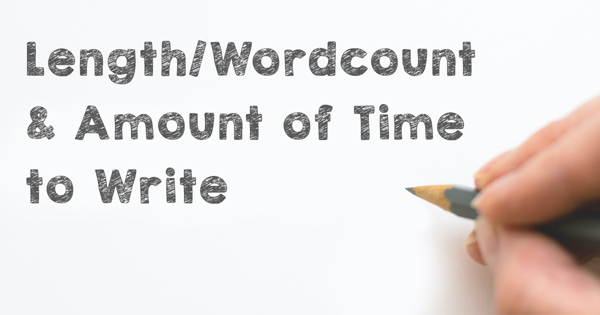
1) Length/Wordcount & Amount of Time to Write
If you were to pick up a single novella in a bookstore, the most obvious difference between a novel and a novella is in the number of pages. A novella is a story with a computer calculated wordcount of approximately 20,000 to 40,000 words, while a novel can be anywhere from 50,000 to 100,000 words or more.
Some readers like a quick read, while others feel a shorter story doesn’t have enough depth and prefer full-length books.
Many aspiring writers would assume that if the number of required words is less, a novella should be quicker and easier to write—right?
However, this is not necessarily true. Some authors can write marvelous epic tales, but they don’t have a clue how to cut a story down to the bare bones needed to write a shorter story. For these authors, writing a novella could take more time.
For those who have the skill to write a novella, yes, a novella can be written in a much shorter timeframe than a typical novel. While a novel may take nine months to write, a novella may only take three. For this reason, an established author may choose to write a novella between full-length novel releases to keep readers happy and keep up the buzz of promotion.
One of the other advantages of writing novellas is that it can help you to become a better writer. Because a novella is shorter, the story needs to move along at a faster pace than a novel. The plot points must be distinct. The story must be focused. With only a certain amount of space to tell the story, each word choice needs to be taken into careful consideration. Each sentence, each paragraph, each scene must be revised to be as sharp, strong, and succinct as it can possibly be to keep the plot moving forward.
Choosing to write a novella is an excellent choice for a first-time author who wishes to learn story structure and improve their writing skills. Write a few novellas and then when you move on to longer novels, the task will not seem so daunting. You will also have more confidence, experience, and skill to write a novel readers can’t put down.

2) Complexity of Plot
Due to the shorter length of a novella, there isn’t room for an author to develop the characters or plot the same way or with as much depth as a novel. Therefore, novellas do not usually have as many characters or subplots. Descriptions will be brief, usually only enough to ‘flavor’ the story with background details. Generally, the timeframe for the novella is shorter, sometimes with the whole story taking place over a matter of weeks instead of months or years.
In a novella:
A mystery or suspense will not be as complicated or have the same number of clues. If the characters of a romance do not already know each other, the couple must meet, get to know each other, and fall in love quickly in a way that is still believable. In a quest-type story, there will be less obstacles, the journey will not be as long. Science Fiction and Fantasy battles will need to be streamlined. Creating a simpler plot may also be easier for aspiring writers to tackle.
Although some novellas may read like a ‘slice of life’ story, or short story, where there doesn’t appear to be much traditional story structure, more developed novellas do follow the same plot points and structure as a novel. Yes, you can apply each step of ‘The Hero’s Journey’ to a novella. The story just moves a whole lot quicker.
And if the plot has to be figured out to that degree anyway, some authors ask— ‘If I’ve gone to this much trouble, why not write a full novel?’ You might decide to do just that. However, another answer comes down to time. Novellas can be written quicker and sometimes bring in the same amount of money as a novel. Or as stated previously, an author may need a novella to fill in a publishing time gap, keep readers happy and promotion buzzing, or to use as free promotional material.

3) Number of Characters (& POV’s)
When writing a novella, with its word-count restraints, it is incredibly important for the shortened story to still unfold in a believable way.
Example: In a romance, the characters need to fall in love quickly, but it also has to be believable, or the reader will roll their eyes and throw the book across the room. The couple cannot meet, have coffee, and then declare they love each other and commit to marriage. It does help if the characters already know each other. It also helps if the story focuses only on the romantic couple. Even so, there isn’t as much time in a novella to develop the characters or relationships like an author can in a longer novel.
This is why many novellas feature a limited cast of characters. While a novella may only have a handful of characters, perhaps less than 10, a novel can be populated with dozens of characters. A novel can also develop a lot of subplots involving sub-characters, while a novella cannot. Many novellas do not have any subplots at all. The focus must be on the main characters and their goals that drive the story. There isn’t room for anything else.
Novellas also have a limited number of POV’s (character point-of-views). Publishers’ guidelines usually state that a novella should have no more than two. Longer novels can have two, three, or more, depending on the needs of the story. More POV’s, requires more page time to develop those characters.

4) Options for Publication
Before you decide to write a novella, you should conduct some research to find which publishers accept novellas and study their submission guidelines. Unfortunately, there seems to be far less publishers who accept novellas as opposed to full novels. Your chances may be significantly higher if you pitch an idea for a 3-book novella series, rather than a single novella. Or if you join other authors to produce a novella collection or anthology set.
Readers enjoy these collections, especially around the holidays, because they feel they are getting more value for the money. Instead of just one story, they get to read several. The reader might also be introduced to authors they haven’t heard of before. This is also great for the author because it gives them the chance to gain new followers.
If you cannot publish your novella with a large traditional publisher, you may want to submit a proposal to a small press. (Again, study their submissions guidelines.) Another option may be to self-publish.
However, if you decide to self-publish, you must also make sure that your work is ready to be published. Hire an editor and get valuable feedback on your story before you publish, or bad reviews may ruin your career. Count the cost. If you decide to self-publish, you may also need to hire a graphic designer to create a book cover and social media images for promotion. You may need to pay someone to format and upload your manuscript to online retailers.
Click to See: Pros & Cons of Traditional vs. Self-Publishing Fiction

5) Price and Promotion
Another major difference between a novel and a novella tends to be the price. Most novellas are cheaper than novels because, after all, there is less story. While less money per copy may seem bad, the profit from a novella can be quite good.
Many readers who are on a budget, may opt to buy cheaper books. They may like novellas because they can read several of them for the cost of a single novel.
There are some authors who have made significant money writing novellas. Although the cost of the novella is less, it is possible the author can sell more copies than if they had written a novel. (Also remember, that novellas usually take less time to write.)
However, there are many well-established authors who make substantially more money writing full-length novels because the longer length gives the reader more time to bond with the characters, become more engrossed in the plot, and fall in love with the author’s style of writing. Fans eagerly keep coming back for more.
Please Note: Profit from a novel or novella depends on the author’s skill, their fanbase, and promotional efforts. There are no guarantees in publishing.
Novellas can also be used for promotion:
- They can be used as a free download on your author website and on social media to introduce people to your work and draw them to your website.
- Novellas can be used for promotion as contest giveaways.
- They can be used as a prequel or intro into a particular fictional world to create buzz for a new upcoming full-length series or be used as a bonus story after a series has been released to give the reader additional stories with some of the sub-characters.
- Novellas can be written quicker for frequent releases or to release between full-length novels to fill in a long publication gap. This helps pump up the online algorithms and sales stats to keep your author pages and social media sites active.
- New authors may be able to get their foot in the door of traditional publishing if they join up with other seasoned authors in a novella collection or anthology. When published, the better known author names help promote your own.
- Sometimes if the many authors of a novella collection join their efforts to promote the single collection title, they have a higher chance of hitting one of the best seller lists than if a single author tried to go it alone.
I hope you have enjoyed reading Fiction Writing: 5 Key Differences Between a Novel and a Novella and have gained new insight into what makes each of them unique.
If you would like help brainstorming a new story idea, you can download our Free Brainstorming Your Story Idea Worksheet with fill-in-the-blank templates.
If you have any questions or would like to leave a comment below, we would love to hear from you!
Our Goal for Aspiring Writer Academy is to help people learn how to write quality fiction, teach them to publish and promote their work, and to give them the necessary tools to pursue a writing career.
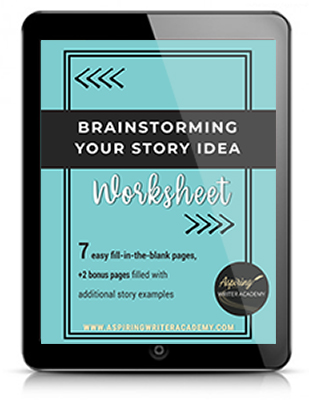
ENTER YOUR EMAIL BELOW
TO GET YOUR FREE
"Brainstorming Your Story Idea Worksheet"
7 easy fill-in-the-blank pages,
+ 2 bonus pages filled with additional story examples.
A valuable tool to develop story plots again and again.
Other Blog Posts You May Like
Scene & Sequel: The Secret to Plotting an Epic Novel
Scene & Sequel: The Secret to Plotting an Epic Novel (Part 2)
Writing Fiction: How to Develop Your Story Premise
12 Quick Tips to Write Dazzling Dialogue
10 Questions to Ask When Creating Characters for Your Story
Macro Edits: Looking at Your Story as a Whole
Basic Story Structure: How to Plot in 6 Steps
Writing Fiction: How To Keep Track of Time in Your Story
Behind the Scenes: Interview with the Authors of the “Sew in Love” Collection
Do you find it difficult to create compelling antagonists and villains for your stories? Do your villains feel cartoonish and unbelievable? Do they lack motivation or a specific game plan? Discover the secrets to crafting villains that will stick with your readers long after they finish your story, with our How to Create Antagonists & Villains Workbook.
This 32-page instructional workbook is packed with valuable fill-in-the-blank templates and practical advice to help you create memorable and effective antagonists and villains. Whether you're a seasoned writer or just starting out, this workbook will take your writing to the next level.

is a multi-published author, speaker, and writing coach. She writes sweet contemporary, inspirational, and historical romance and loves teaching aspiring writers how to write quality fiction. Read her inspiring story of how she published her first book and launched a successful writing career.

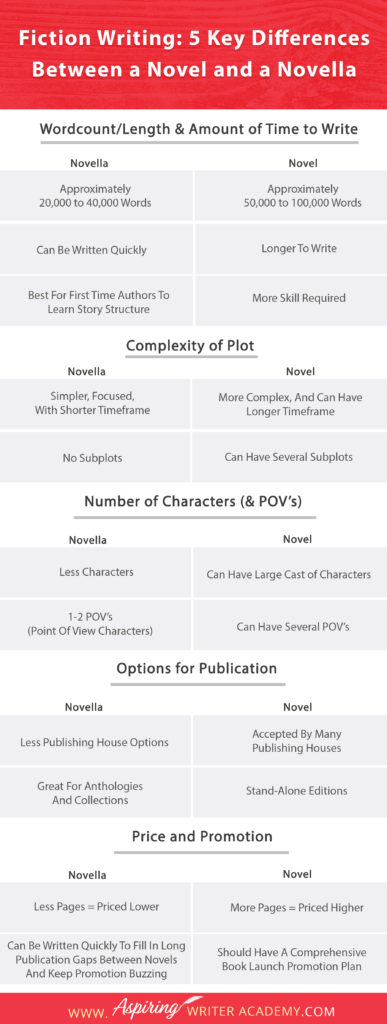
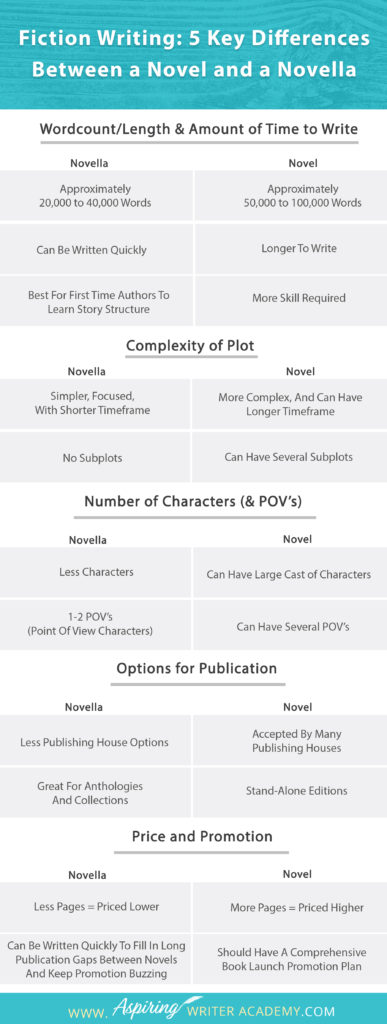
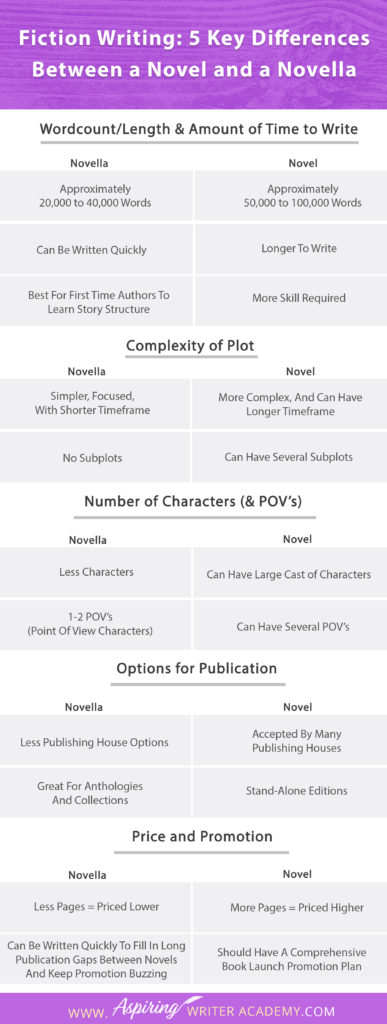
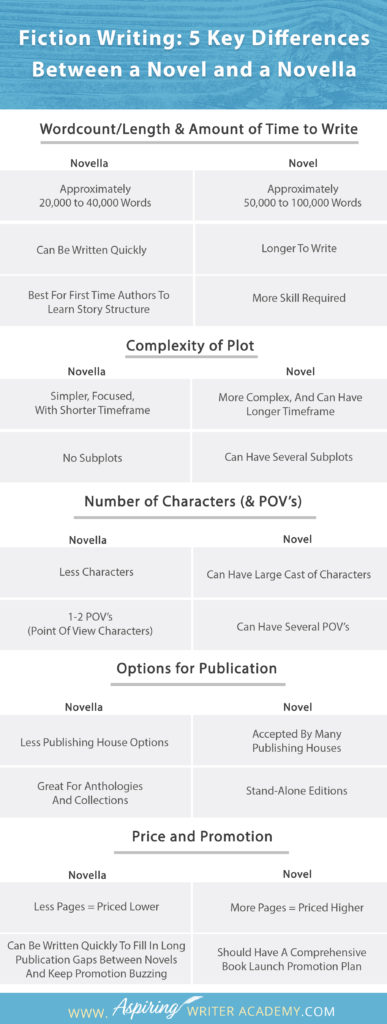
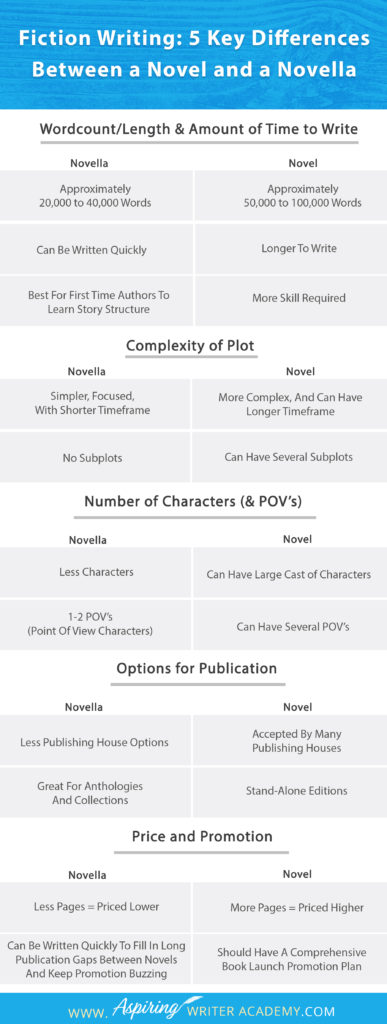
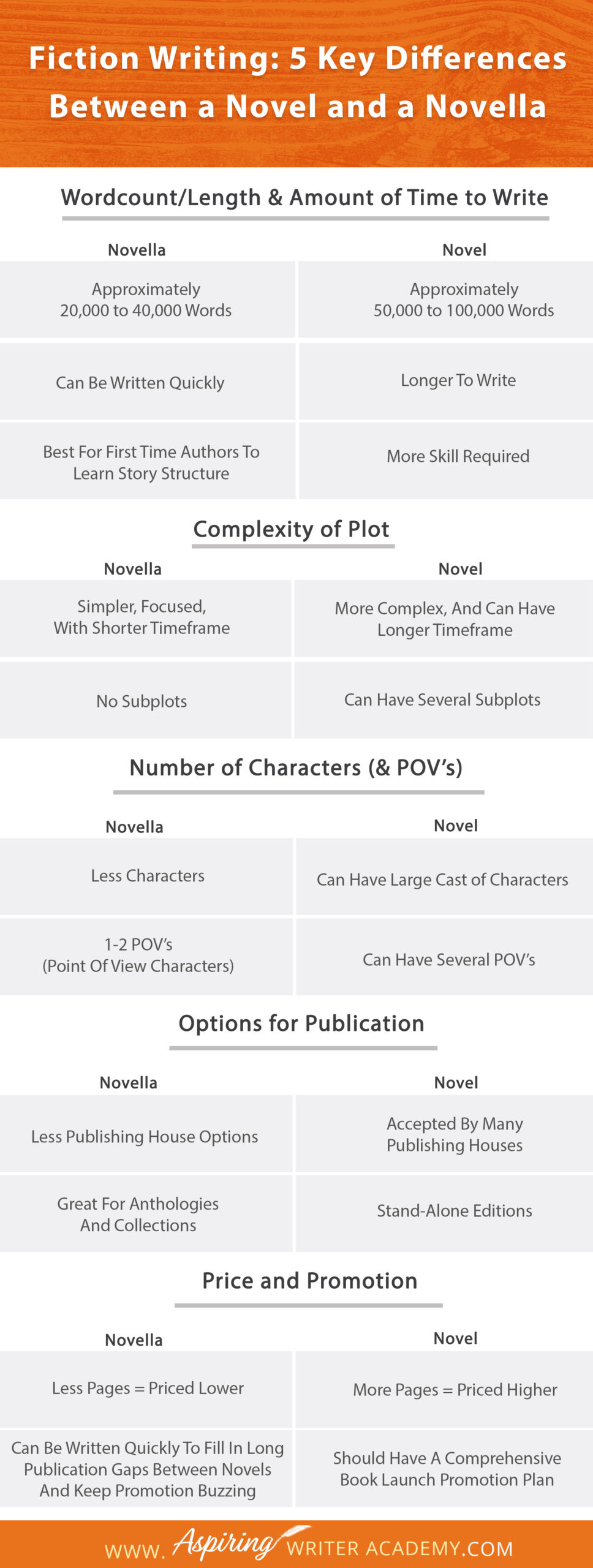
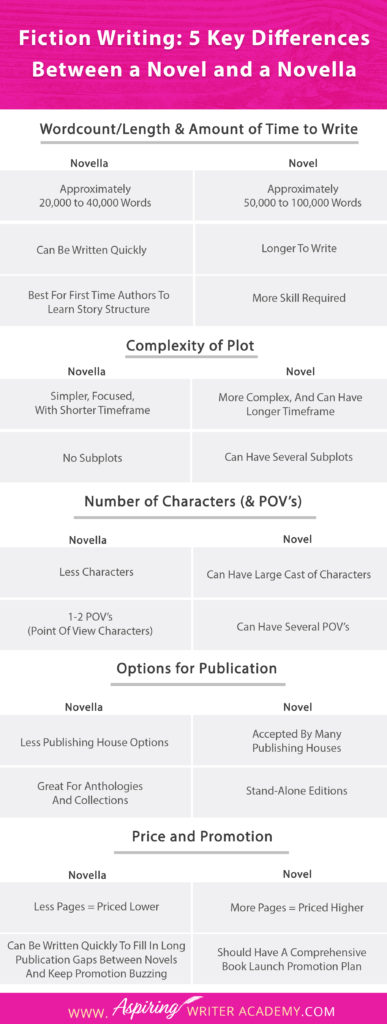
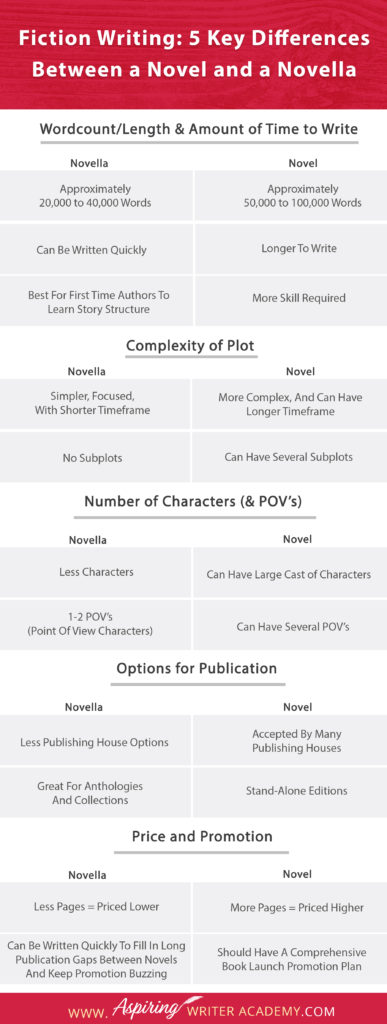
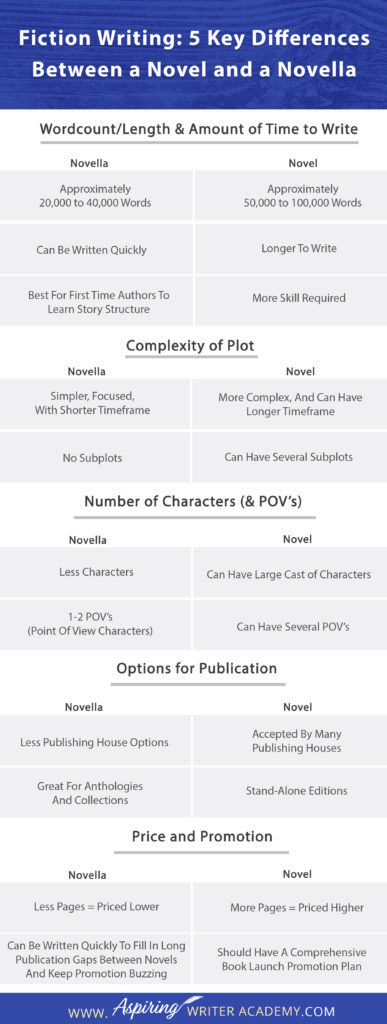
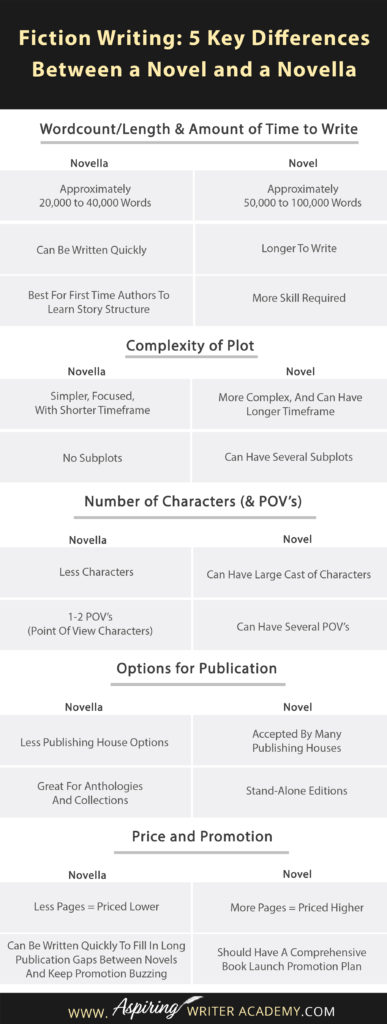
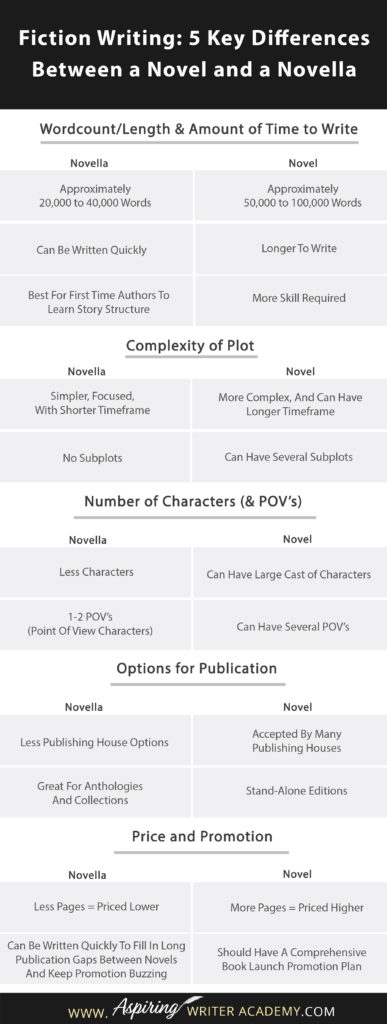
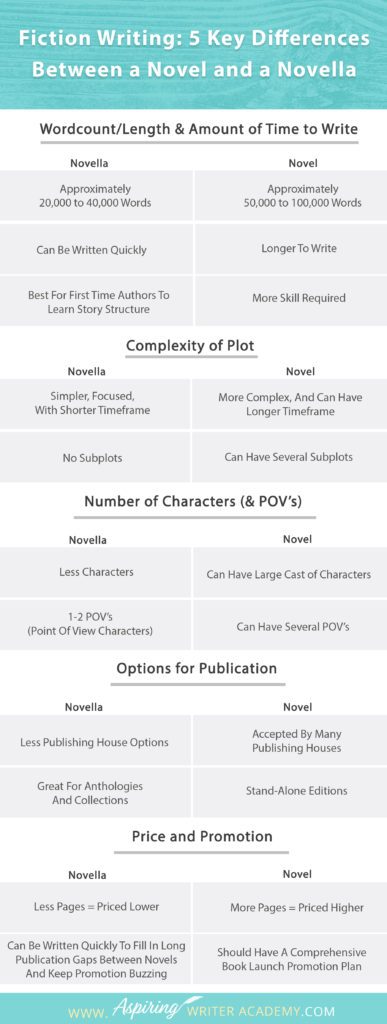
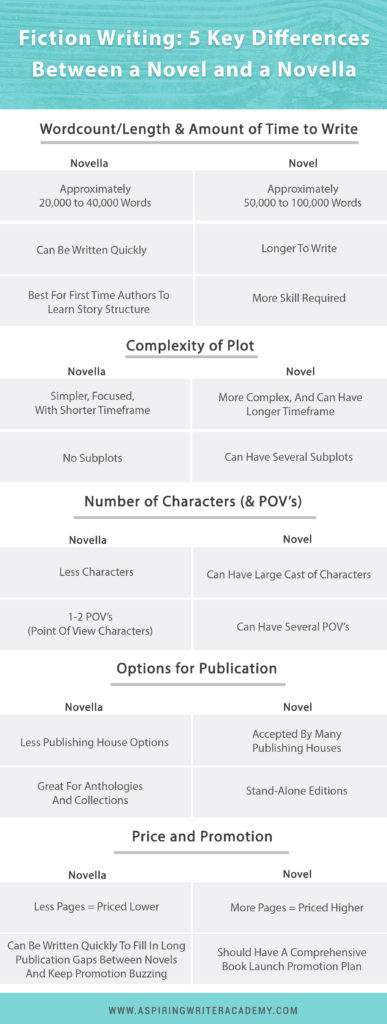
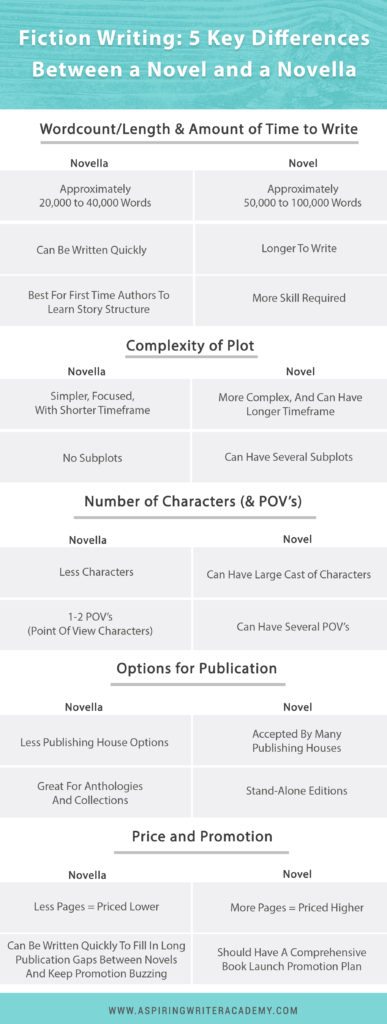
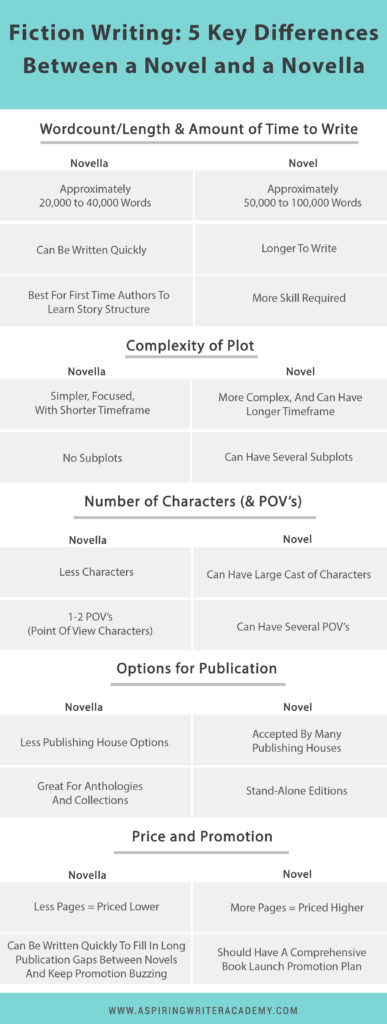
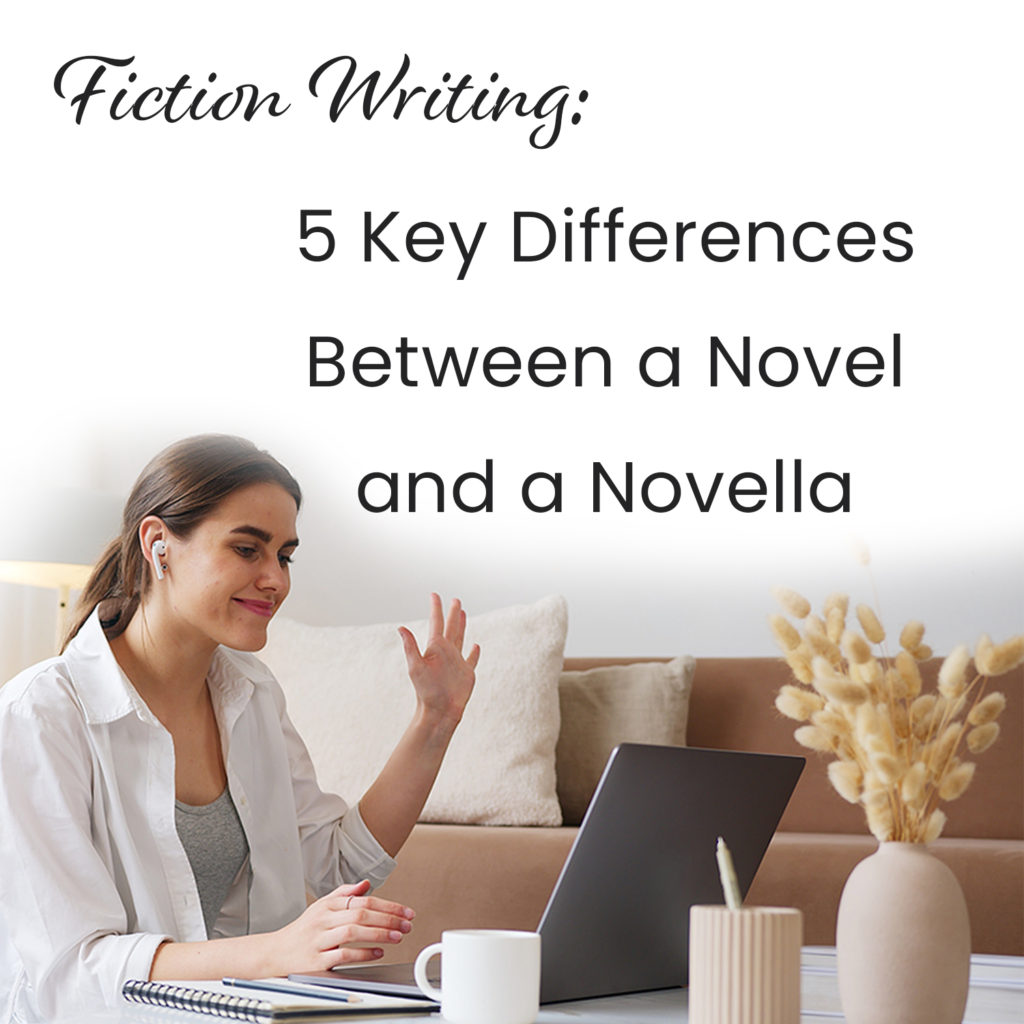
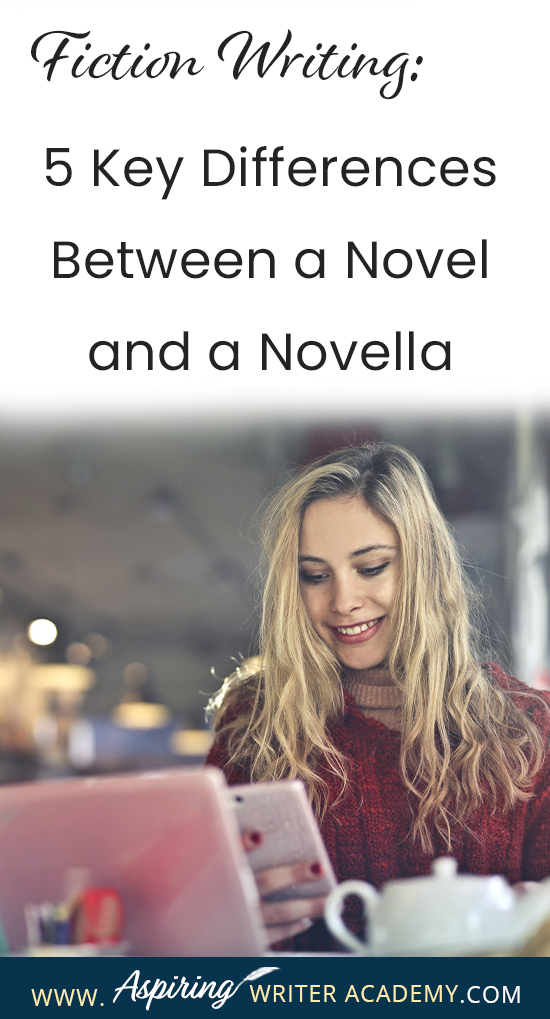
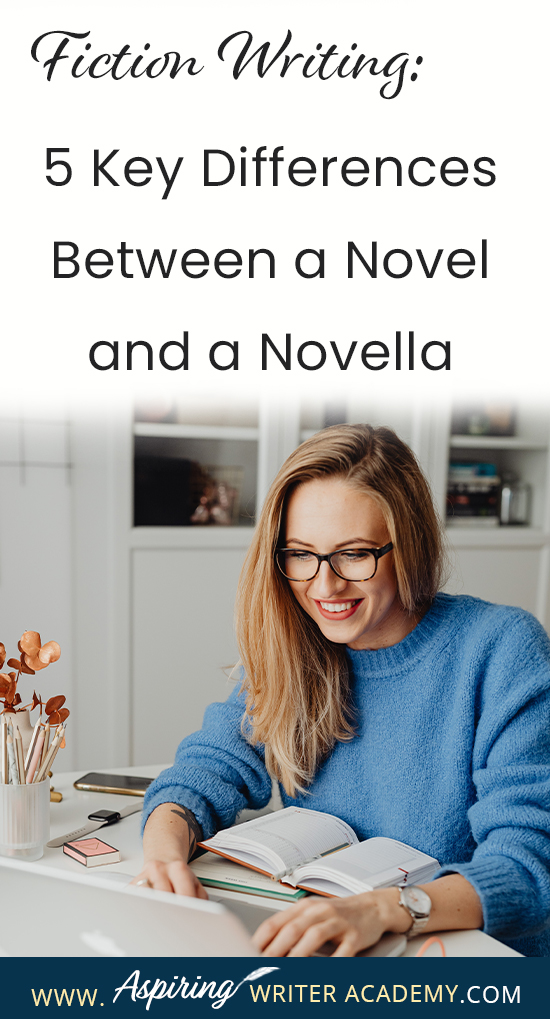
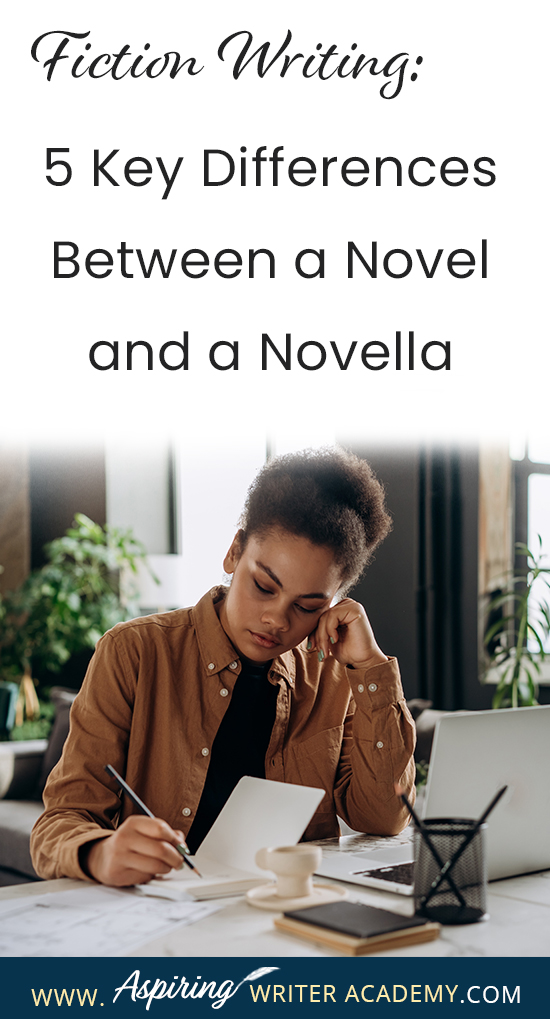


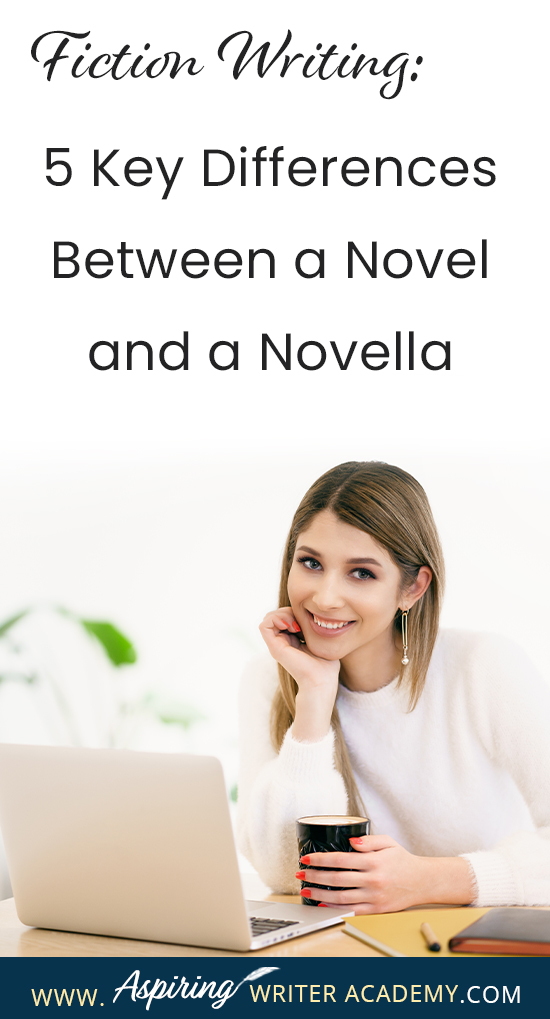
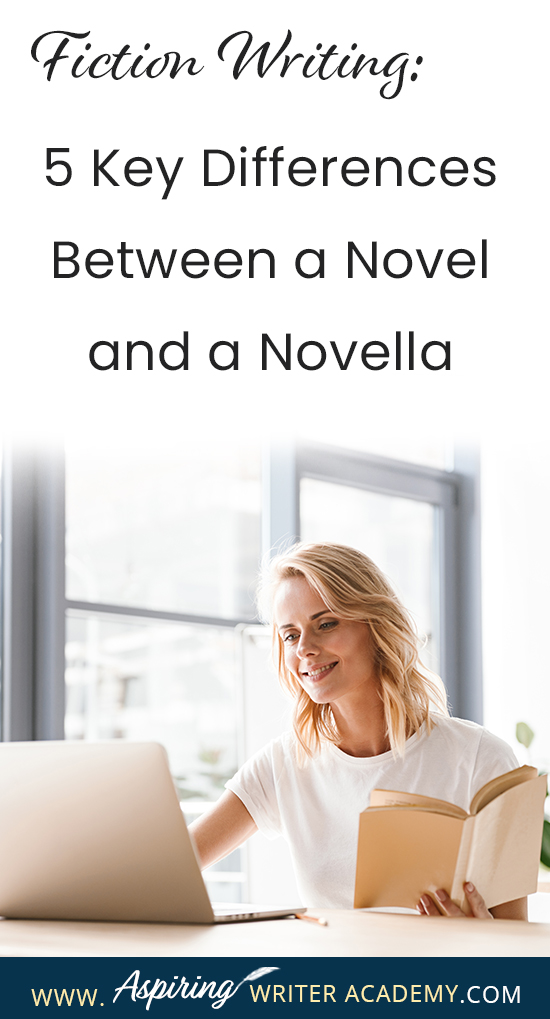


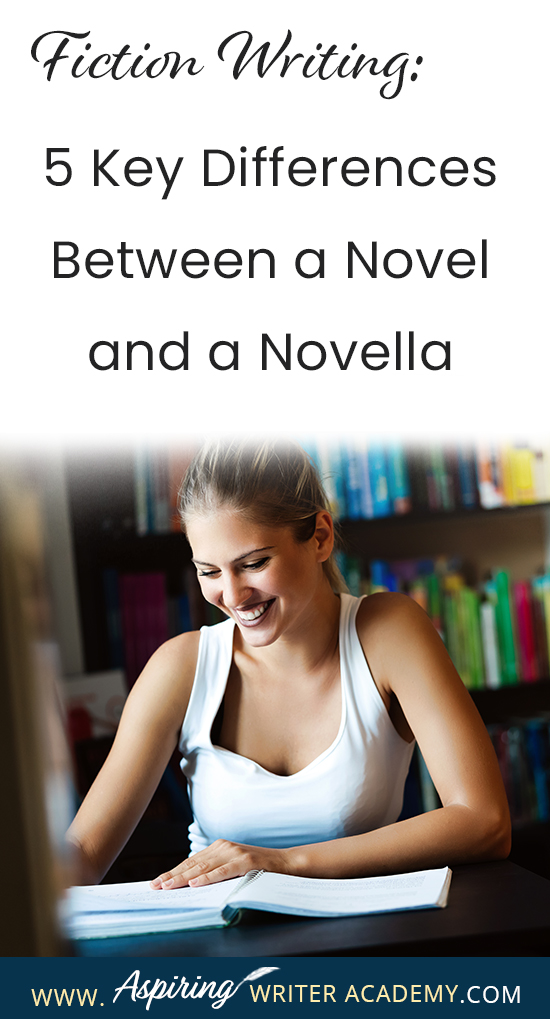
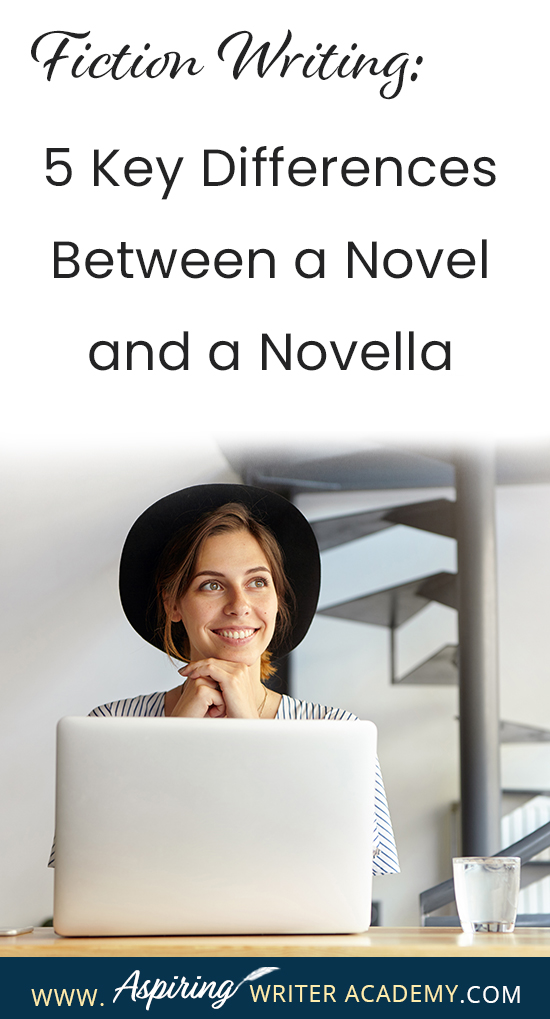
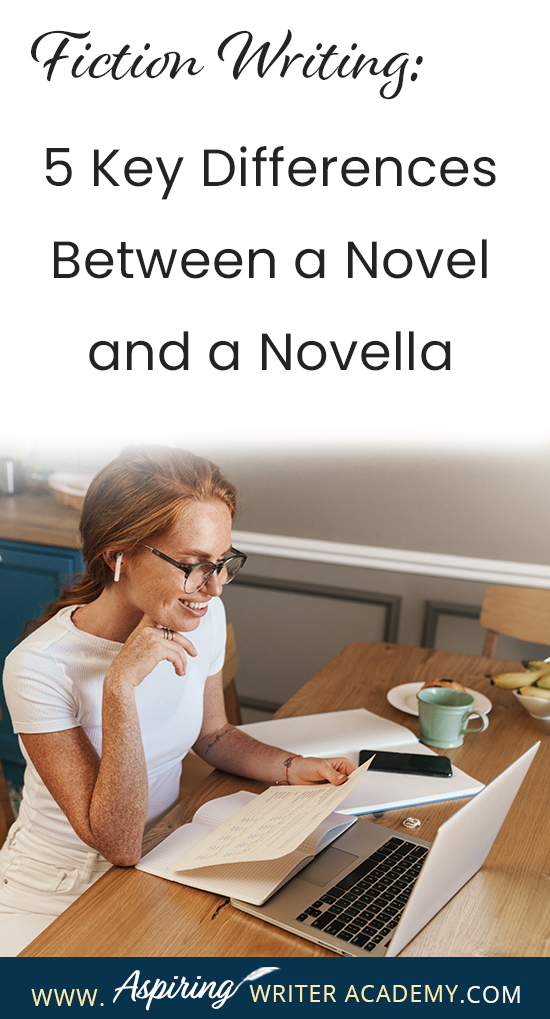

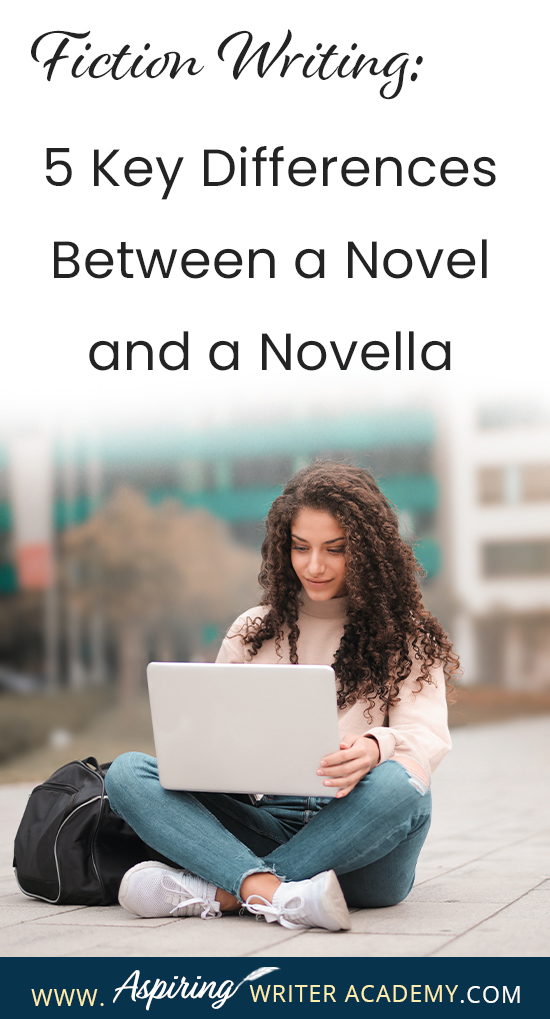
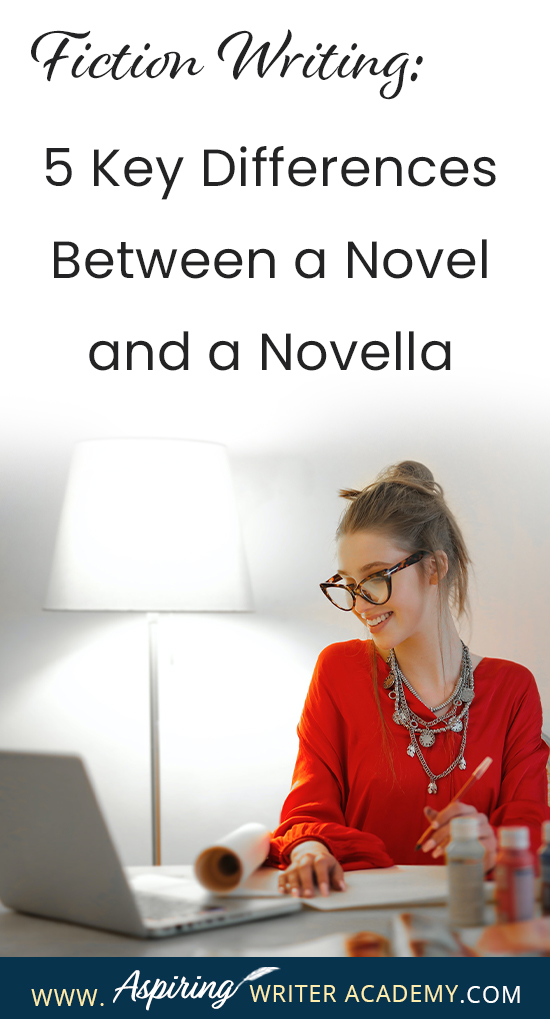
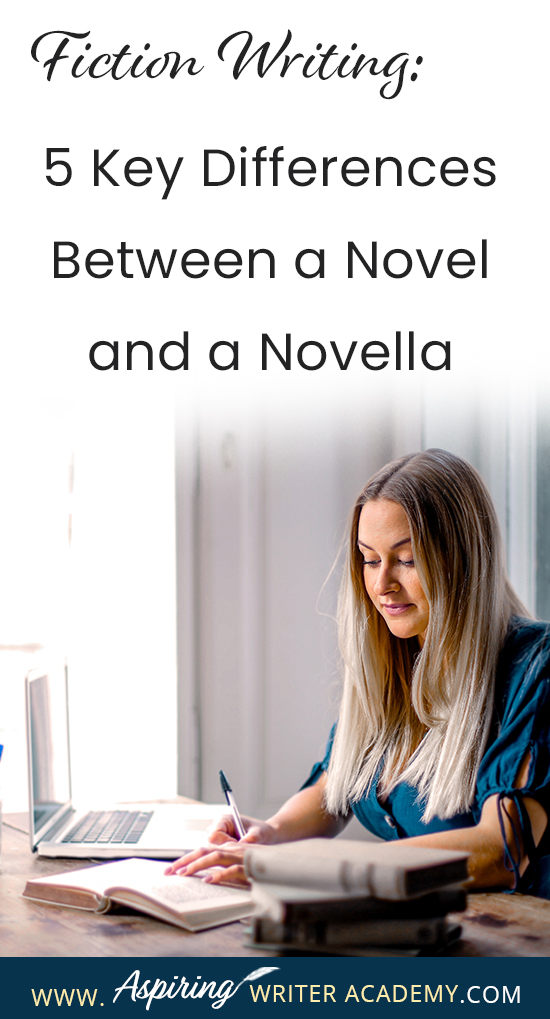
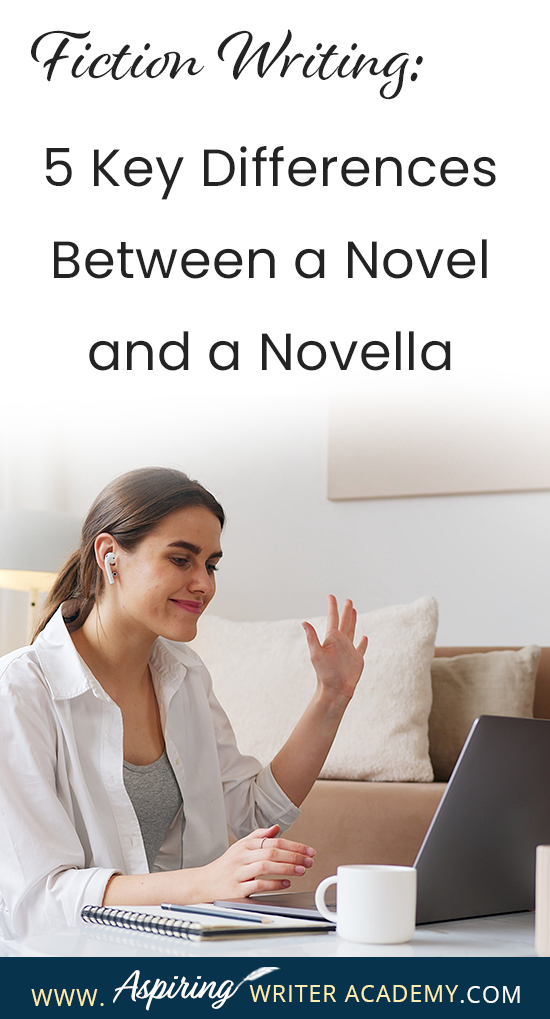

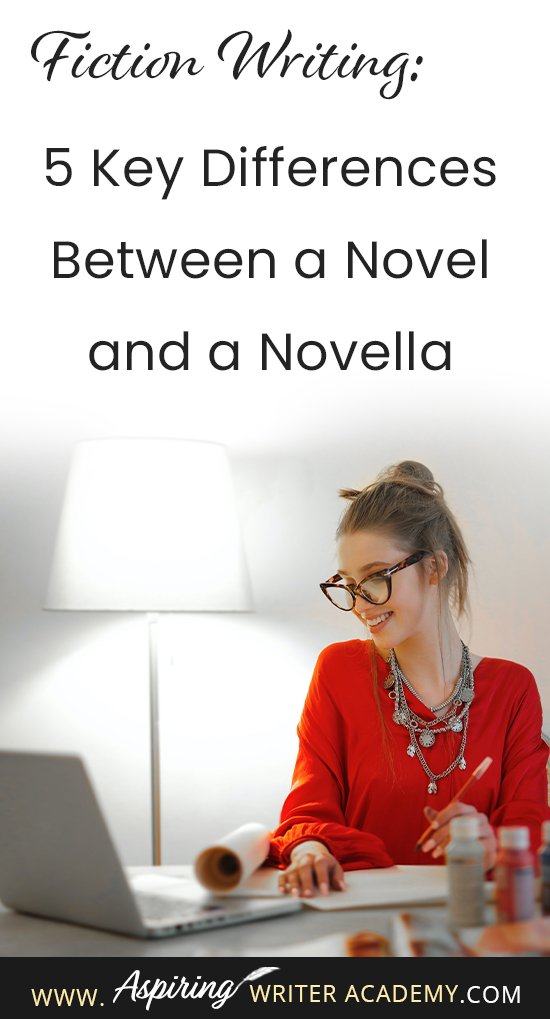
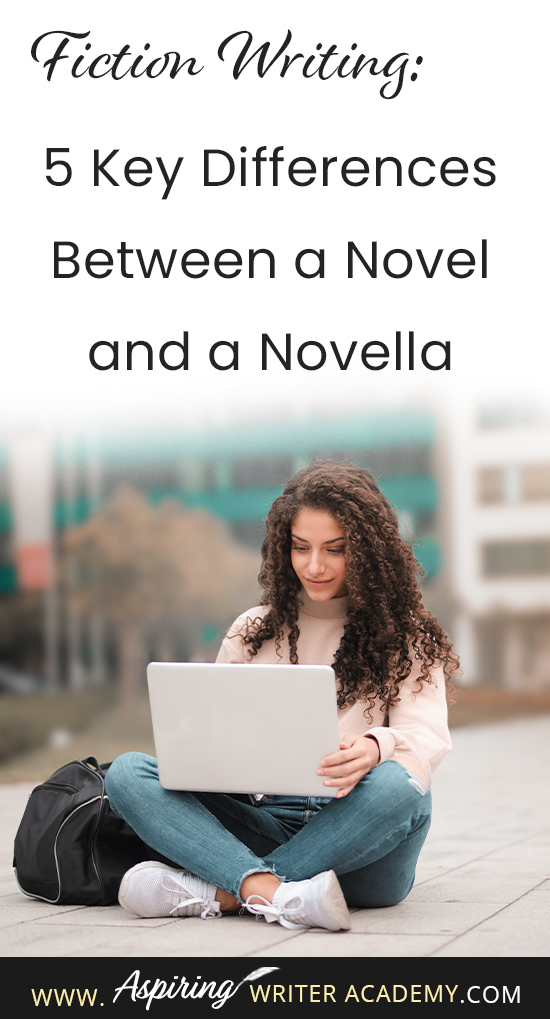
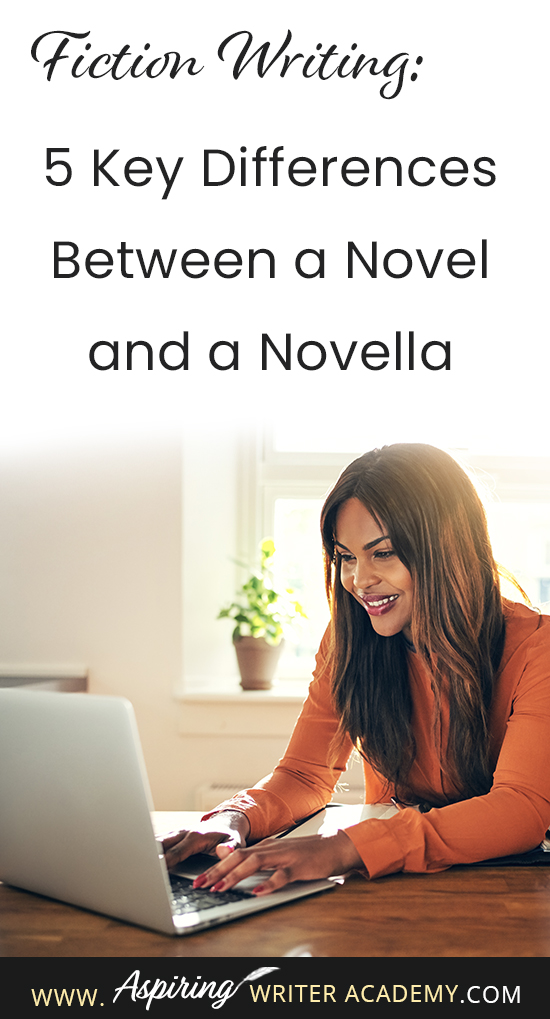
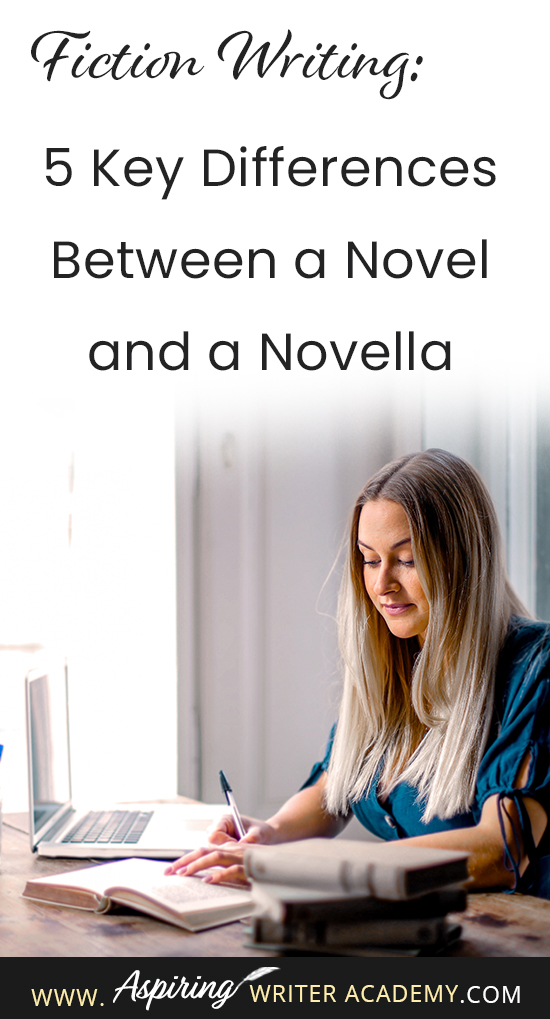









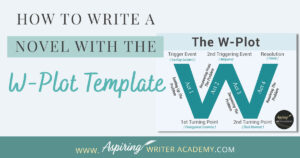
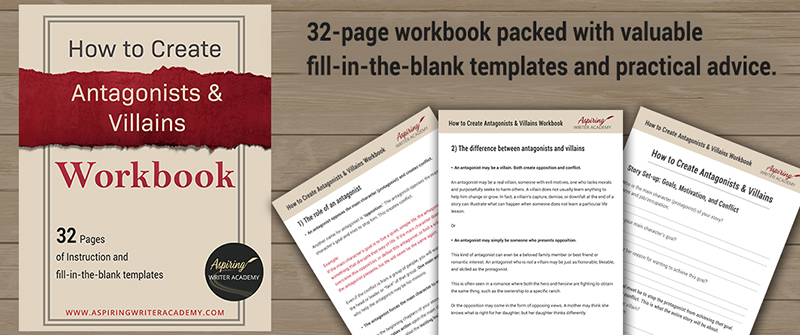

You just pointed out in section 1 that novellas do not necessarily take less time to write than a novel, but in section 5 contradict yourself by saying it costs less but is equally profitable because it takes less time to write. Which is it?
Hi Chris, thank you for reaching out. How long it takes someone to write anything depends on that author’s skill level. Some authors find it difficult to write shorter stories. However, an author who is proficient in writing can usually finish a novella in half the time it takes to write a full-length novel. You also have to consider how much research your project will require. So it could be variable for each author and each project. But generally, yes, it is much faster to write a novella.